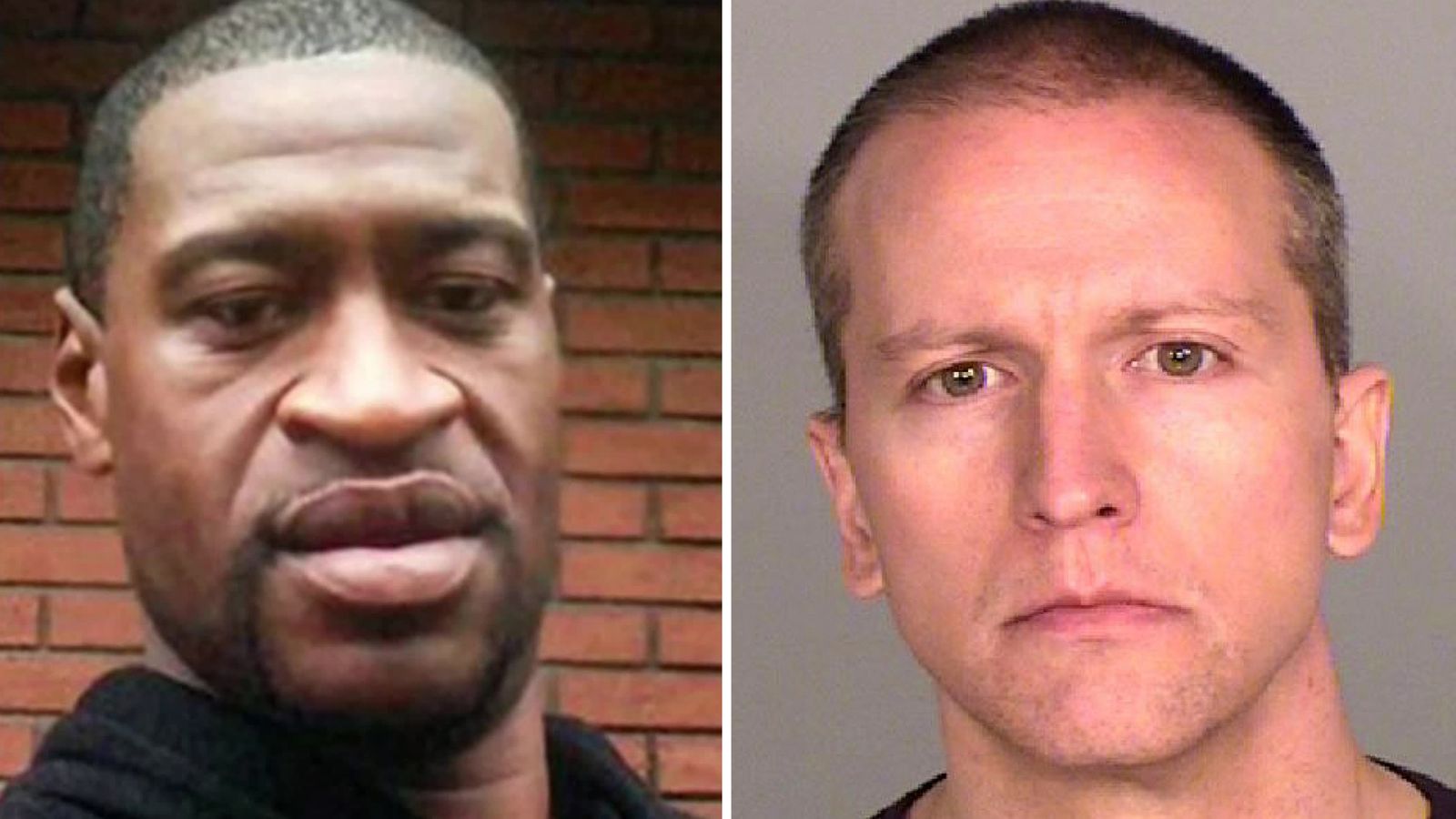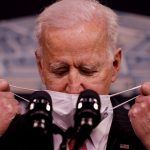Derek Chauvin’s trial has heard the fatal case of George Floyd “wasn’t policing, this was murder”, as both sides made their closing arguments.
The jury has now been sent out and will start considering its verdict over Mr Floyd‘s death in the US city of Minneapolis last year.
Former police officer Chauvin, 45, has pleaded not guilty to second-degree murder, third-degree murder, and second-degree manslaughter.
All three charges require the jury to conclude Chauvin’s actions were a “substantial causal factor” in Mr Floyd’s death and that his use of force was unreasonable.
Last May, video of Chauvin pinning Mr Floyd to the pavement, putting a knee on his neck for over nine minutes, sparked protests, riots and looting, and demonstrations across America and around the world.
Prosecutor Steve Schleicher urged jurors to focus on the arrest video and claimed Chauvin “had to know” he was squeezing the life out of the black man who said he could not breathe before he died.
“Use your common sense. Believe your eyes. What you saw, you saw,” Mr Schleicher said, referring to the footage.
He told the trial that Chauvin was “on top of him (Mr Floyd) for nine minutes and 29 seconds and he had to know”.
“George Floyd’s final words on May 25, 2020 were ‘Please, I can’t breathe’. And he said those words to ‘Mr Officer’. He said those words to the defendant,” Mr Schleicher said, as he pointed to Chauvin.
“He asked for help with his very last breath.”
Mr Schleicher said the video showed Chauvin using unreasonable, and therefore illegal, force in compressing Mr Floyd’s torso against the road, starving him of oxygen. He stated: “This wasn’t policing. This was murder.”
But the defence argues Chauvin acted reasonably and 46-year-old Mr Floyd died of heart disease and illegal drug use, rather than because of the former policeman’s actions.
Chauvin’s lawyer Eric Nelson claimed the defendant did what any “reasonable” officer would have done after finding himself in a “dynamic” and “fluid” situation involving a large man struggling with three officers.
Mr Nelson noted officers who first went to the shop, where Mr Floyd allegedly tried to use a fake $20 note to pay for cigarettes, were already struggling with Mr Floyd when Chauvin arrived as back-up.
The lawyer also said that the first two officers on the scene were rookies and that police had been told Mr Floyd might be on drugs.
“A reasonable police officer understands the intensity of the struggle,” Mr Nelson said, adding Chauvin’s body-worn camera and his police badge were knocked off his chest.
Mr Nelson also said prosecutors were wrong to dismiss his theory that carbon monoxide poisoning from the nearby police car’s exhaust may have contributed to Mr Floyd’s death.
He said the state has not proven its case beyond a reasonable doubt and has not been able to definitely show how Mr Floyd died.
Mr Nelson said the prosecution brought in experts to give evidence that Mr Floyd died because of asphyxia, while the person who carried out the post-mortem, the county medical examiner, reached a different finding.
Hennepin County medical examiner Dr Andrew Baker, who ruled the death a homicide, said Mr Floyd’s heart gave out because of the way police held him down.
He listed Mr Floyd’s drug use and underlying health problems as contributing factors.






















